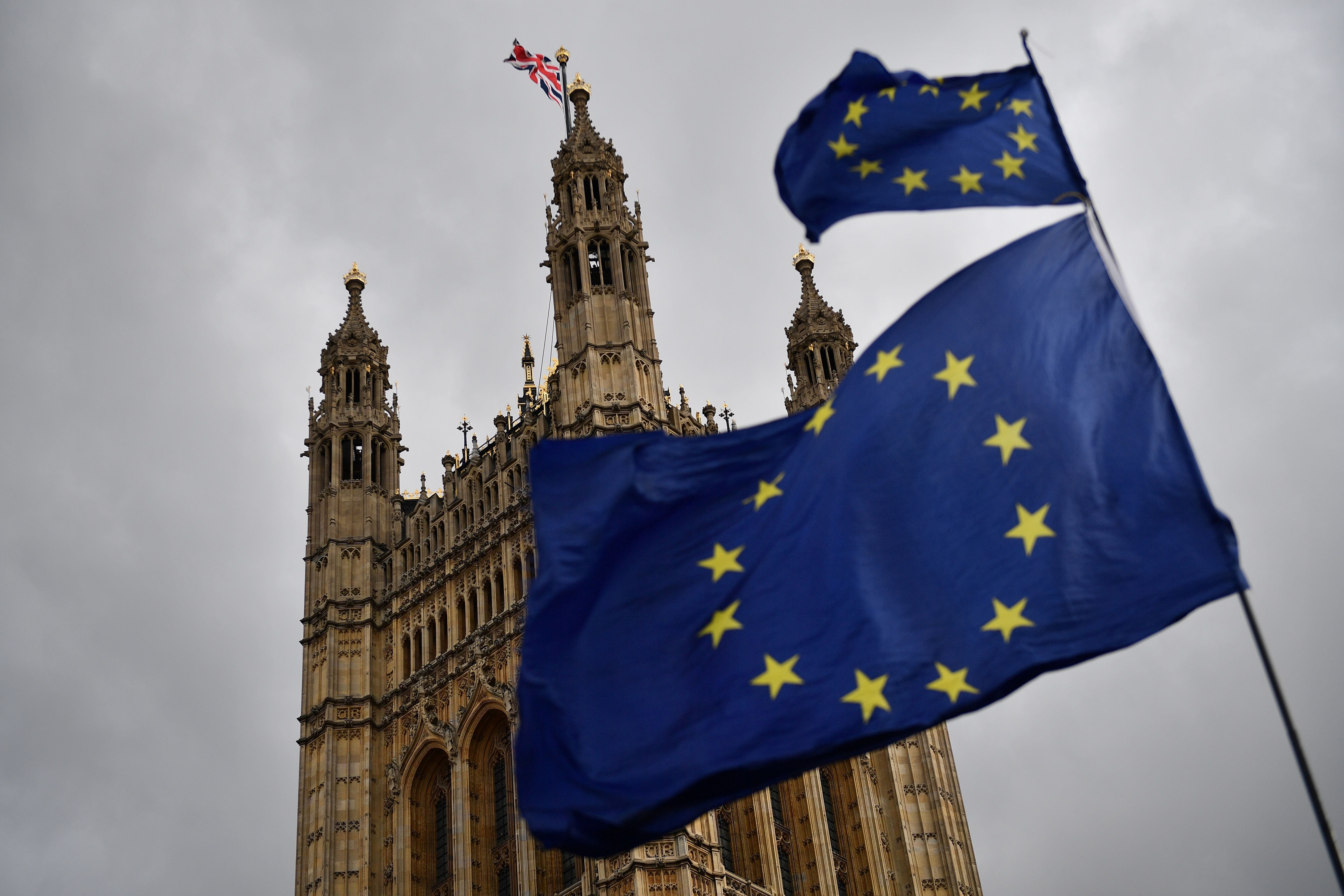Bailout for vital UK science and medical projects in danger from post-Brexit clash
‘Safety net’ for scores of research bids set to be approved within weeks – which would otherwise lose the money

Your support helps us to tell the story
From reproductive rights to climate change to Big Tech, The Independent is on the ground when the story is developing. Whether it's investigating the financials of Elon Musk's pro-Trump PAC or producing our latest documentary, 'The A Word', which shines a light on the American women fighting for reproductive rights, we know how important it is to parse out the facts from the messaging.
At such a critical moment in US history, we need reporters on the ground. Your donation allows us to keep sending journalists to speak to both sides of the story.
The Independent is trusted by Americans across the entire political spectrum. And unlike many other quality news outlets, we choose not to lock Americans out of our reporting and analysis with paywalls. We believe quality journalism should be available to everyone, paid for by those who can afford it.
Your support makes all the difference.Tens of millions of pounds will be spent on rescuing UK science and medical research projects at risk from a damaging post-Brexit dispute with the EU.
The threat to grants from the flagship £80bn Horizon Europe programme – which pools talent and ideas to achieve breakthroughs – appeared have been lifted when the UK agreed to remain part of it.
But the deal has been frozen because of Brussels anger over threats to suspend the Northern Ireland Protocol – leading to the UK making “contingency” plans to pull out, to the alarm of scientists.
Now George Freeman, the science minister, has moved to ease fears about scores of UK applications set to be approved within weeks, which would otherwise lose the money.
However, concerned organisations including the Royal Society and Universities UK are waiting to hear full details about exactly which bids will be eligible for the bailout.
The stalemate is also making a pullout from Horizon more likely – despite warnings that it will leave Boris Johnson’s pledge to make the UK a “science superpower”.
Venki Ramakrishnan, a Nobel prize winner and then-president of the Royal Society warned last year that the UK cannot achieve the same success by working alone.
In a statement, Mr Freeman admitted that “valuable international collaboration on shared global challenges, like climate change” is in danger.
“We are committed to supporting the UK’s world-class research sector in international collaborations, and this safety net will give researchers and their partners the certainty they need to continue to pursue their project plans and maintain world-class science,” the minister argued.
Over the last six-year period of the Horizon scheme, finishing last year, the UK received £1.5bn – more than any other country and a fifth of the total handed out by Brussels office
Among the programme’s successes are everything from leukaemia treatments to hydrogen cells that fuel zero-emission buses.
The Brexit deal signed last Christmas commits the UK to pay £15bn over the six years to 2027 – even as it pulled out of other EU agencies and EU-wide programmes.
The Independent understands that many scores of applications have been submitted from the UK, with the European Research Council – one of the bodies involved – announcing winners before Christmas.
The “safety net” only covers “starter grants” for 2021-22, leaving future years of funding from Horizon still in jeopardy.
Richard Catlow, foreign secretary of the Royal Society, said: “This looks like a pragmatic response to the short-term problem, and will offer some reassurance, but we will have to see the details.
“The best response in the long term is for all sides to get the association agreement signed. It is widely agreed that it is in everyone’s interests – it is time for the public good to be put before political point scoring.”
The head of UK Research and Innovation encouraged “researchers and innovators” to continue to apply to Horizon Europe, despite the uncertainty.
But Professor Christopher Smith hinted at a UK pullout, saying it is “working with the government to prepare for all possible outcomes to ensure the UK’s thriving research and innovation sector has the support it needs to continue collaborating and delivering world-class R&D”.
Join our commenting forum
Join thought-provoking conversations, follow other Independent readers and see their replies
0Comments